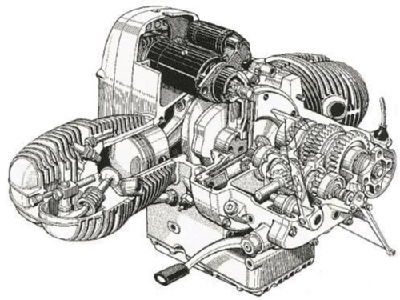All entries for Wednesday 20 July 2005
July 20, 2005
Announcement: New blog title, new blogging style
Follow-up to Research Methods Overview: Academic blogging, the evolution of a style from Transversality - Robert O'Toole
A new name to mark the adoption of a new blogging style: transversality. Why? To what effect? What difference does it make?
For the past 18 months I have been writing in a blog called Soft[ware] Subversions. That title was taken from Felix Guattari's small but effective collection of essays, Soft Subversions. In that time I have learnt a lot about blogging, especially its use to support research activities. I have even developed my own blogging style. There has also been a word/concept that I find myself using more often across everything that I do, in e-learning, philosophy, travel writing and blogging. The word is transversality, and I take it as the new title for my blog.
I really like this word. It does different but connected work in each of my categories.
In philosophy, it marks perhaps the central concept in my research, as introduced by Gilles Deleuze and Felix Guattari to describe the joint passage through chaos of relatively distinct systems. As such its concept is a powerful and important innovation, giving a new and more pragmatic understanding of reasoning and creativity, and thus offering better models for all kinds of activity (social, economic, ecological etc).
In e-learning, I have used the word trasversality in describing a tension that may increasingly exist between the student perception of the degree process and the academic conception of it. For some students, there should be an ideal path between entrance (paying their fees) and exit (getting a 2.1). This path is fast, direct, and determinate, with little connection to anything beyond a clearly specified curriculum. It is a straight line that remains isolated from their other trajectories (personal development, social, ethical, political etc). My conjecture is that this is quite different to the conception of a degree that I and others have, which sees important transversal connections between academic work and all of those other trajectories. And furthermore, these important transversal connections add a degree of individuality and complexity to the academic trajectory, such that it becomes much less determinate and much more the responsibility of individuals.
And finally, in motorcycling, there is also something transversal…

…the BMW Boxer air-cooled flat twin transverse engine that powers my R100 GS-PD, and almost all other BMW bikes built since 1923. Rev it hard in neutral, and you can understand a little about the eccentric people who ride these bikes. The opposing cylinders cause it to rock from side to side. Bikes are supposed to be like blades, cutting through the air smoothly and quickly. Getting from point to point in the shortest possible time. But BMWs traditionally have done that a little differently. When riding one you feel this strange contradictory balance of forces that probably shouldn't work but does. That combined with the way in which it hunches-up under accelaration, with the shaft drive trying to climb over the bevel box on the rear wheel. It's strange, but all the more amazing because of it. Like all things transversal, its richer by not taking the most direct route from A to B.
As Ted Simon would say: "the interruptions are the journey".
Or as a German friend of mine has said: "you will sleep when you are dead".
–
If you wish to give me feedback on this, please contact me



 Please wait - comments are loading
Please wait - comments are loading